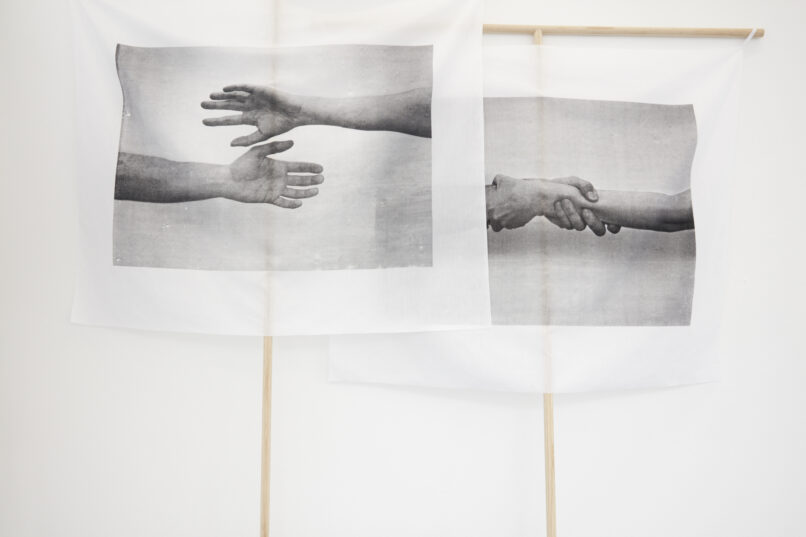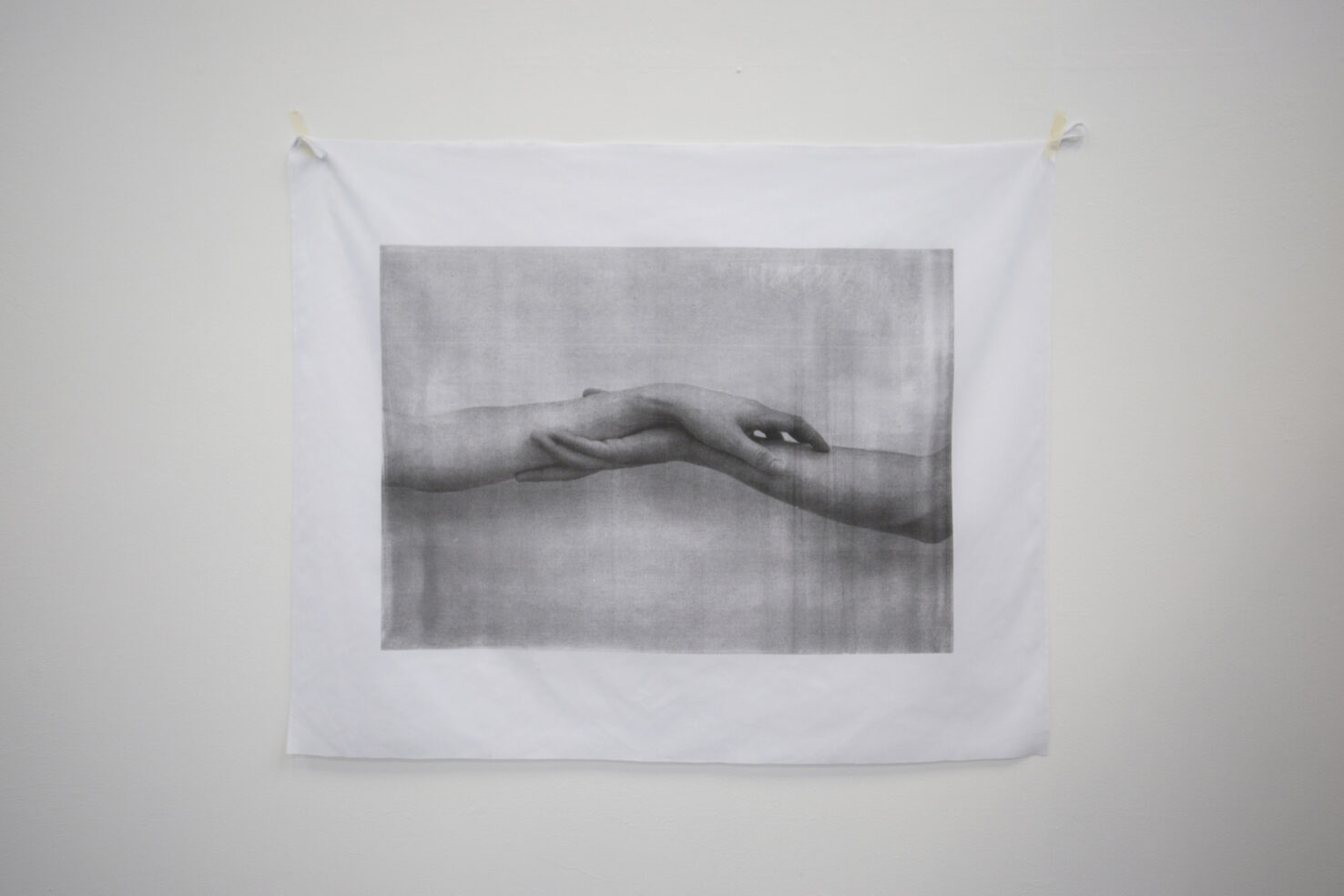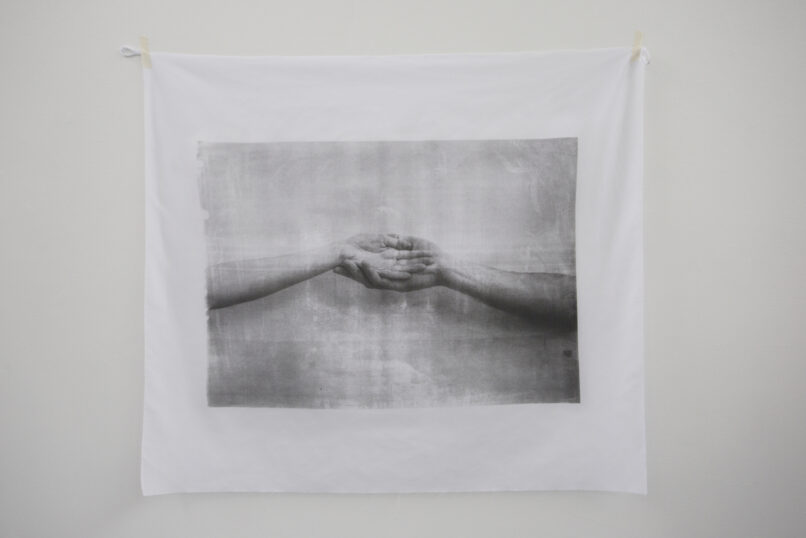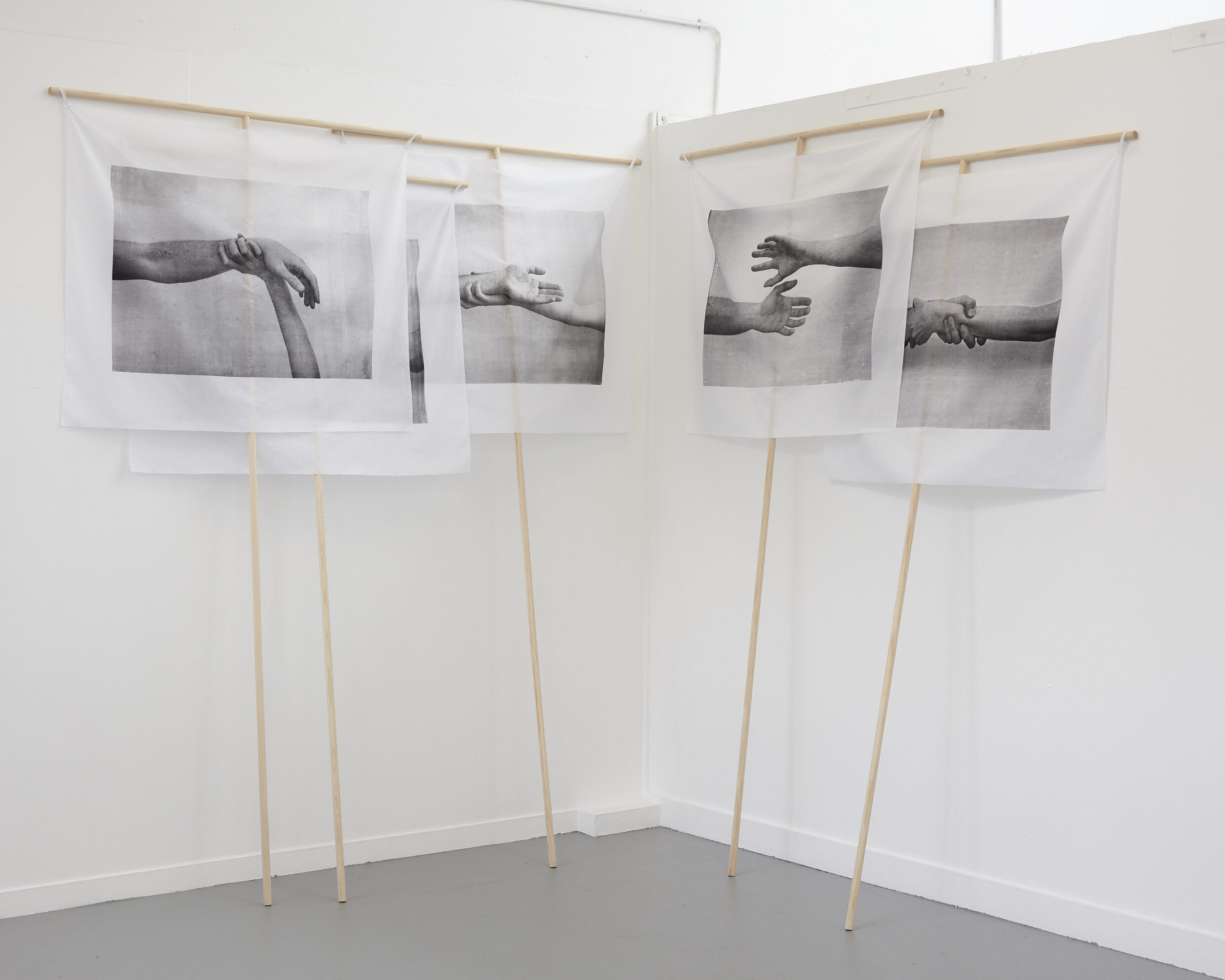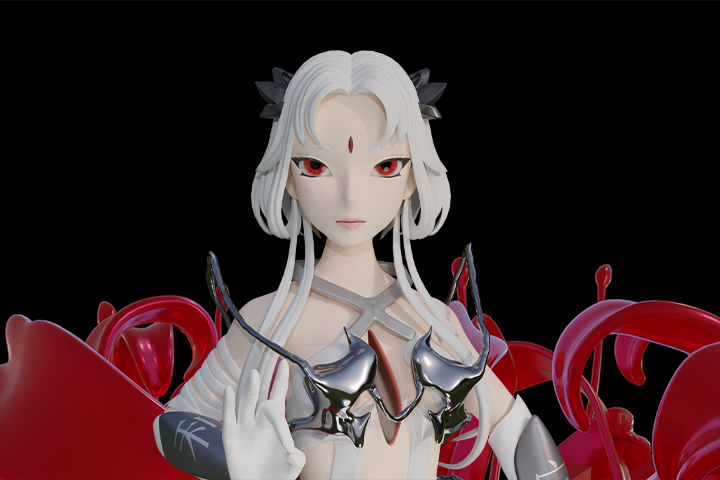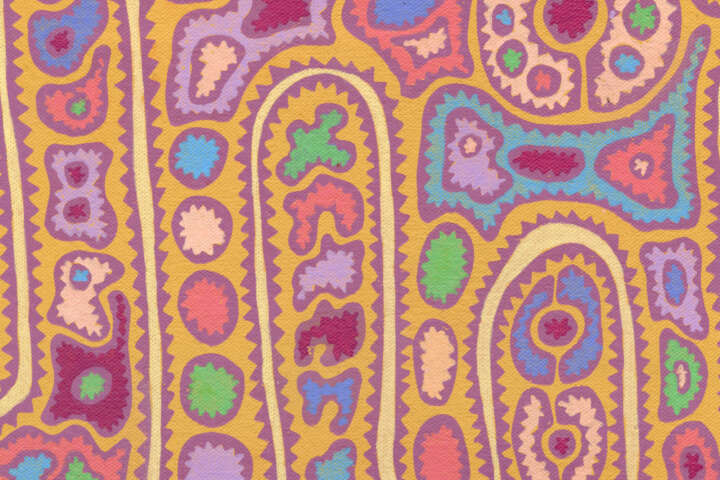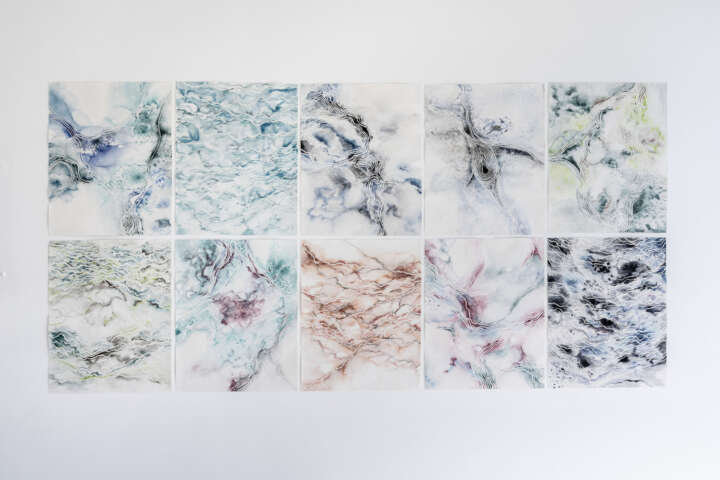Gabi Lardies
To be of the other hand
Hand — noun
1. a person’s arm beyond the wrist
2. an active role in achieving or influencing
3. a person’s workmanship
Other - adjective
1. different from the already known
2. alternative of two
3. further, additional
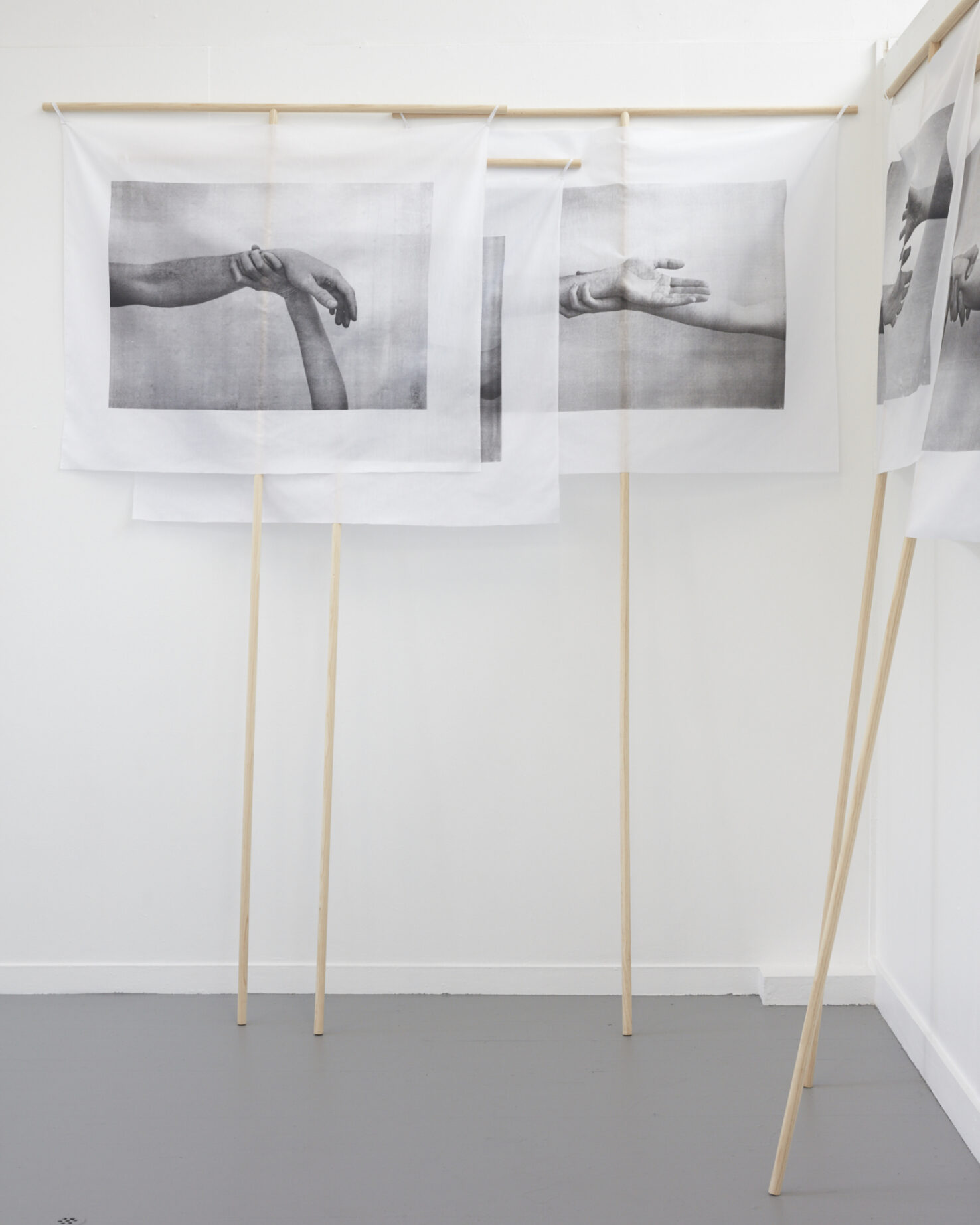
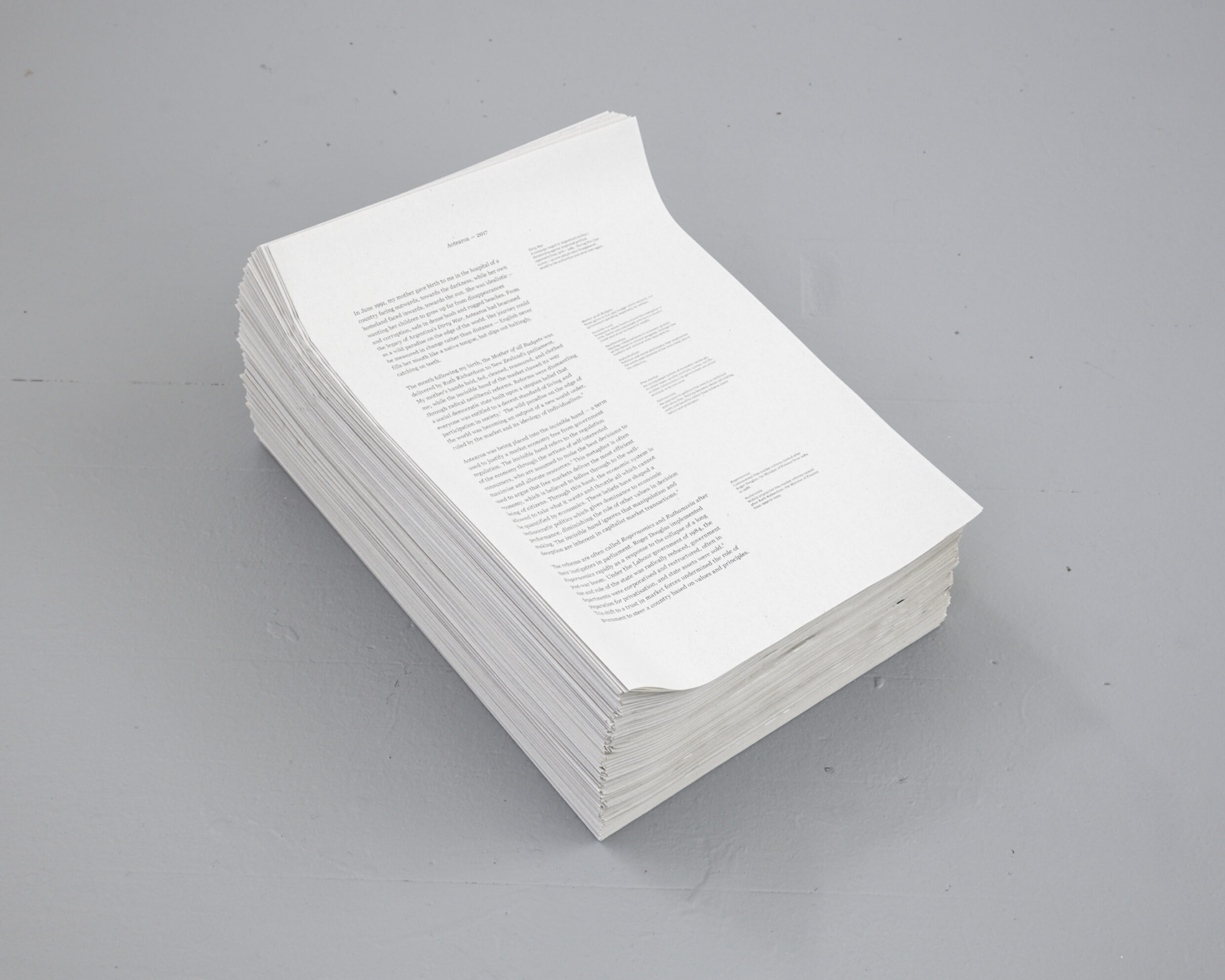
To be of the other hand is concerned with the impacts neoliberal reforms (of the 1980s and 1990s) have had on New Zealanders, in particular my generation who were born into them. These reforms can be seen as a turning point; a shifting of ideologies which guide politics, ourselves and our relationships to each other. To make material and visceral this force, woven invisibly through ourselves and our lives, allows its recognition. From here we can find a way forward.
A belief in the ‘invisible hand’ led the reforms. The ‘invisible hand’ refers to the regulation of a free-market economy through the actions of self-interested consumers. It positions the economy as the ruling factor of society; people are seen as self-reliant individuals rather than members of a community. This trust in market forces undermines the role of government to steer a country based on values and principles. The ‘other hand’ is a hand of dissent against the ‘invisible hand’. Actions driven by care and recognition of our interdependence spread contrary ideologies.
The works revise forms intended to announce information and opinions publicly, investigating the visual and material languages of politics and public actions. The re-articulated forms interlock twin points of departure: personal and political, contemplation and action, intimate and public, memory and history, looking backwards and looking forwards, the individual and the collective, softness and power, utilitarianism and beauty. Rather than a single fixed object, multiples shift and are dispersed.
